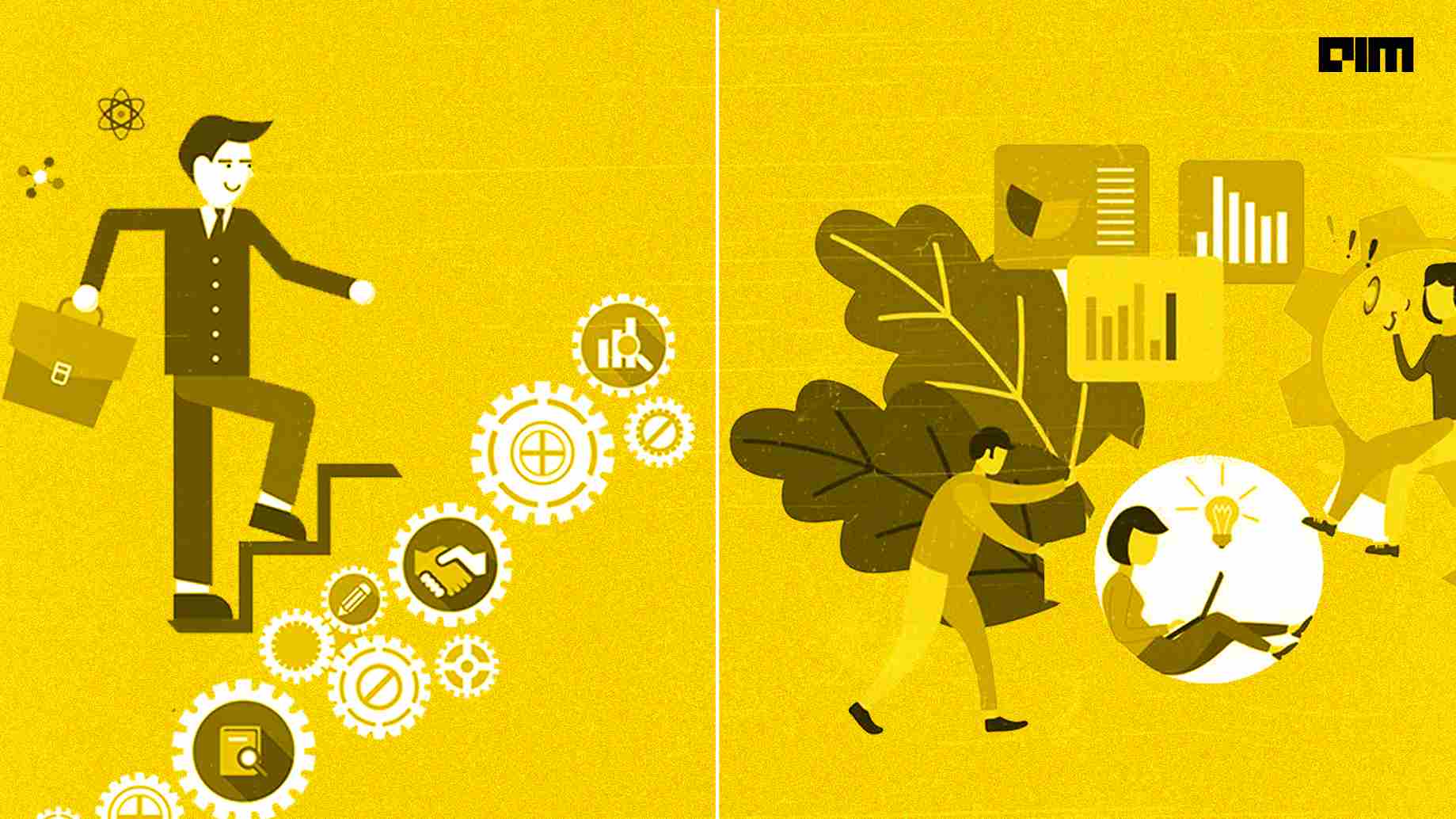The age-old debate of ‘experience vs skill’ in hiring decisions remains unsettled. While most traditional firms consider “experience” as a key metric to career success, start-ups place a lot of stock in “skills”.
The post-pandemic world has seen a tectonic shift in the way companies hire. This holds true for the data science industry as well. As per a LinkedIn study, more than three-quarters of jobs posted from the APAC region on the platform focused more on skills rather than qualification or industry experience.
But, does that mean experience no longer holds dispositive power in hiring decisions? The question is still moot. While being fluent on cutting edge technology is critical, it may not be just enough. It is difficult to gain good domain knowledge simply by taking a course or reading a textbook. Hands-on experience always makes a huge difference. Here, we try to assess the skill vs experience debate in a more nuanced way.
Skills
The data science domain requires an individual to undergo a steep learning curve. Aspiring data scientists must have the ability to master a range of capabilities quickly and efficiently. A combination of a solid educational background along with the right technical and interpersonal skills helps them communicate complex statistical information to stakeholders.
Data science is a dynamic field and would require the professional to don many hats. On a typical day, a data scientist can assume the role of a software engineer to data miner to a business communicator. With the influx of different AI and machine learning applications, the competencies expected from a data scientist continue to evolve.
That said, data science calls for core competencies including mathematics and statistics, computer programming, and domain knowledge. Mathematics and statistics provide the foundation for data science. Knowledge of mathematics, statistics and computer programming can be gained via a good course or self-learning.
The ever-evolving nature of data science, combined with the rapid advancement of technical tools, can sometimes make it difficult for individuals as well as organisations to identify the necessary skills for a project at hand. This is why most data scientists’ job descriptions emphasise on specific skills. So when we talk about skills, we have to also consider their transiency. What may be the in-demand skill today, may become completely obsolete tomorrow.
Experience
Domain or business knowledge is a key competency for data science. Real experience in an industry often provides better domain knowledge. For example, working in the marketing or retail field will give you better knowledge than reading a textbook on marketing or retail.
Then, we have soft skills: communication, problem-solving, and stakeholder management. While the basics can be learned in a short time, it often requires years of practice and experience to ace the subtle art of communication, problem-solving, and management of stakeholders.
Data science requires hard skills which can be learnt via a course or college degree and do not require long industry experience. However, other aspects of the job cannot simply be learned through a year-long crash course.
Best of both worlds
Skills and experience debate also needs to be looked at from different angles. For example, if we are hiring for a junior data scientist role, the experience would not account for much; the mindset here is that as long as the individual is ready to take on the challenges, the rest could be learnt on the job. On the other hand, when hiring for a senior position, a combination of both skills and experience is required. A leader of a large data science team will require a stronger grasp of domain knowledge and stakeholder management, which can be learnt through years of experience and practice.
This article is written by a member of the AIM Leaders Council. AIM Leaders Council is an invitation-only forum of senior executives in the Data Science and Analytics industry. To check if you are eligible for a membership, please fill the form here.











































































